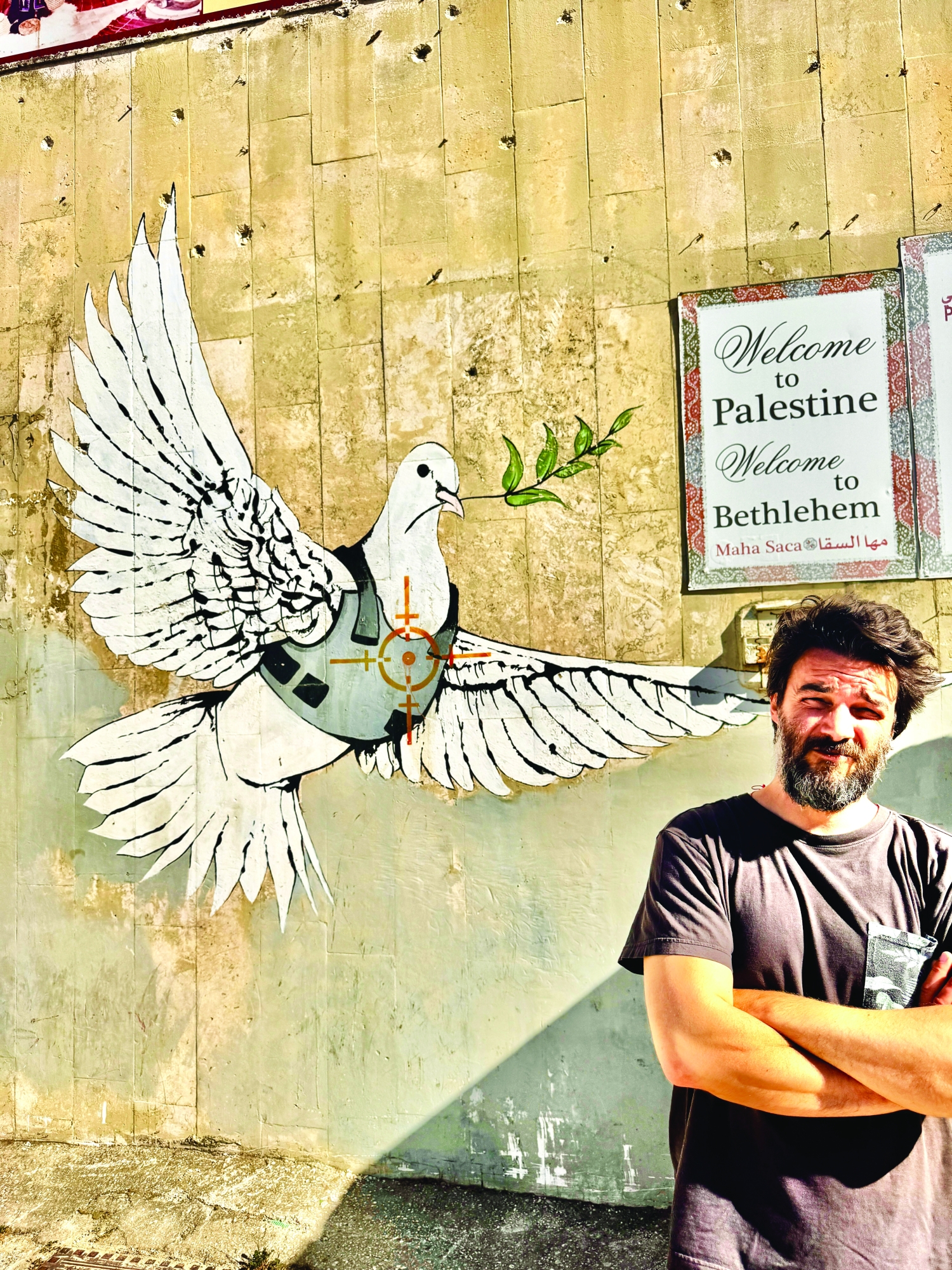“Genocide” is most commonly invoked in the past tense, used to describe an historical event. While genocides are underway they are often overshadowed by the larger context of war and can go unrecognized in the day to day, a civilian bombing here, a displacement there. Then there are refugee migrations, and forced famine. Most often it is from the safety of hindsight that a genocide be universally accepted as such and join the history books along side those of Armenia, Rwanda, Darfur, Cambodia, Germany and Srebrenica, to name just a few from recent history. Because in the past, due to the limits of gathering and disseminating information, many indicators of genocide of the past went unnoticed, the momentum of the killing would outpace the ability of society to identify a genocide and respond. Yet today we are watching in real time as it’s horrors unfold in Gaza. This is new terrain.

